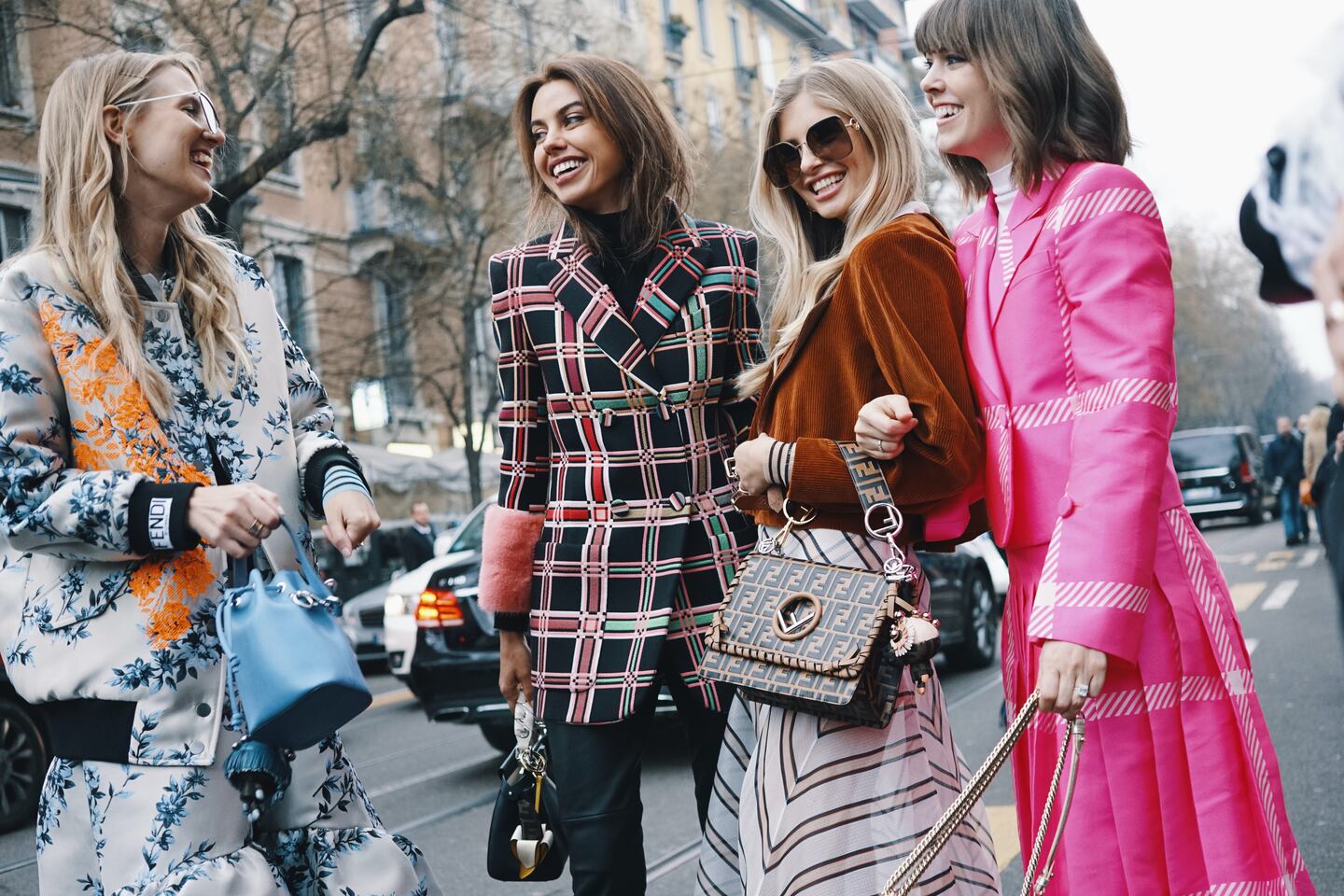
The Business of Fashion
Agenda-setting intelligence, analysis and advice for the global fashion community.

Agenda-setting intelligence, analysis and advice for the global fashion community.

MILAN, Italy — The coronavirus epidemic in China will weigh heavily on Italy's fashion industry in the first quarter and probably through the first half of 2020, but will not dent the sustained growth expected for the next two years, think-tank Prometeia said.
The sector's revenue is expected to rise to €80 billion ($87 billion or £67.14 billion) in 2021, from €71.7 billion in 2018. The calculation is based on the 173 Italian fashion companies that have a turnover above €100 million.
"We expect a rebound after great fatigue in the first quarter and very likely also in the first semester due to the coronavirus. There will be a long tail when the situation stabilises because there will be congested ports," Prometeia senior partner Alessandra Lanza told reporters at an annual joint report with investment bank Mediobanca.
"That said, we don't think this will jeopardise the growth of the industry that will be sustained," she added.
ADVERTISEMENT
Chinese shoppers fuelled a decade of growth for the luxury goods industry and today account for 35 percent of the sector's global sales, estimated at €281 billion last year by consultancy Bain & Co.
China is also a major supplier of raw materials and fabrics to the European fashion industry. But the virus has seen parts of China put under quarantine, flights halted and many factories closed in early 2020.
By Claudia Cristoferi; editors: Giulia Segreti and David Evans
The former CFDA president sat down with BoF founder and editor-in-chief Imran Amed to discuss his remarkable life and career and how big business has changed the fashion industry.
Luxury brands need a broader pricing architecture that delivers meaningful value for all customers, writes Imran Amed.
Brands from Valentino to Prada and start-ups like Pulco Studios are vying to cash in on the racket sport’s aspirational aesthetic and affluent fanbase.
The fashion giant has been working with advisers to study possibilities for the Marc Jacobs brand after being approached by suitors.